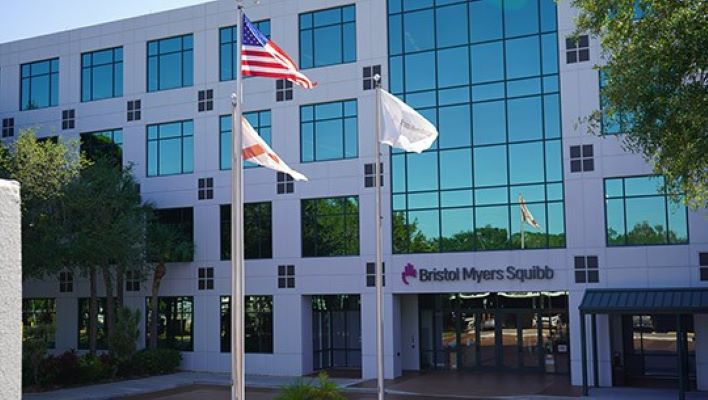Label updates reflect growing body of real-world evidence and regulatory confidence in the safety profile of the class of CD19- and BCMA-directed autologous CAR T cell therapies, reinforcing efforts to increase equitable access

Bristol Myers Squibb announced that the U.S. Food and Drug Administration (FDA) has approved label updates for both of its CAR T cell therapies, Breyanzi for the treatment of large B cell lymphoma (LBCL) and other lymphomas and Abecma for the treatment of multiple myeloma. These label updates reduce certain patient monitoring requirements and remove the Risk Evaluation and Mitigation Strategy (REMS) programs that had been in place since each product was initially approved.
Despite the transformative potential of cell therapy, only about 2 in 10 eligible patients receive it, due to the confluence of complex logistical and geographic barriers affecting patients and providers. BMS is committed to a long-term goal of expanding access to cell therapy and supports today’s class-wide label updates that will help ease known barriers to treatment and administration while maintaining patient safety.
Across both labels, the FDA has approved the reduction or removal of specific patient monitoring requirements for Breyanzi and Abecma. These prolonged requirements posed burdens on healthcare delivery systems and for certain patients and their care partners, particularly those who live far from certified cell therapy treatment centers.
“CAR T cell therapy is a transformational, potentially life-saving option for patients living with blood cancers, and we are working to challenge current practices, assumptions and barriers that limit access,” said Lynelle B. Hoch, president, Cell Therapy Organization, Bristol Myers Squibb. “Today's FDA-approved label updates reinforce BMS’ continued efforts to collaborate across the healthcare ecosystem, with the ultimate goal of reaching more patients and democratizing access to cell therapy.”
The FDA has also approved removal of the REMS requirement from each product label. A REMS program is often required to help mitigate known or potential risks associated with new drugs or therapies. Together, these label updates reflect the growing body of clinical and real-world evidence underpinning the favorable efficacy and safety profile of CAR T cell therapy.
"Living with blood cancer is challenging, but patients and their loved ones still need to maintain jobs, take care of families, and plan for the future,” said Sally Werner, chief executive officer, Cancer Support Community. “Today’s announcement reduces some of the most onerous requirements that may have previously discouraged patients, particularly those who live far from a treatment center, from seeking the potentially transformational effects of cell therapy. We applaud any and all efforts to continue to break down barriers, reduce time burden on patients and caregivers, and increase uptake of this life-saving therapy."

Subscribe To Our Newsletter & Stay Updated